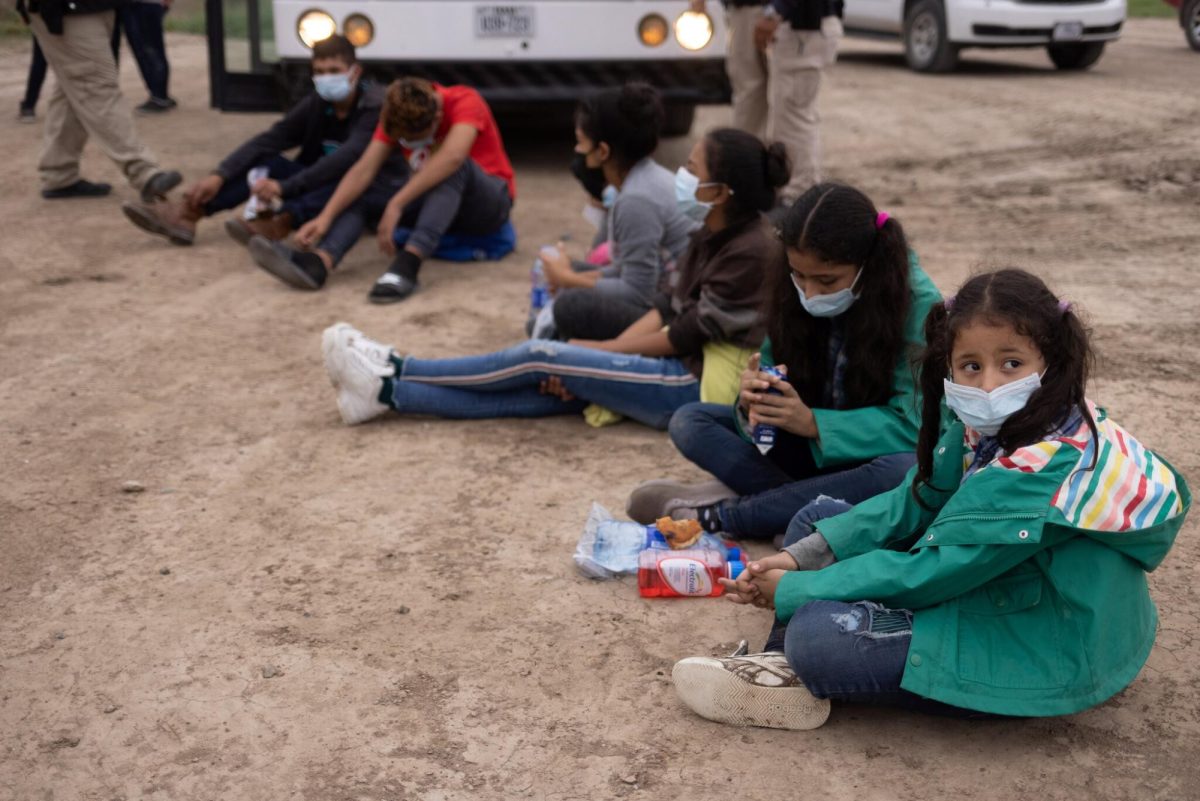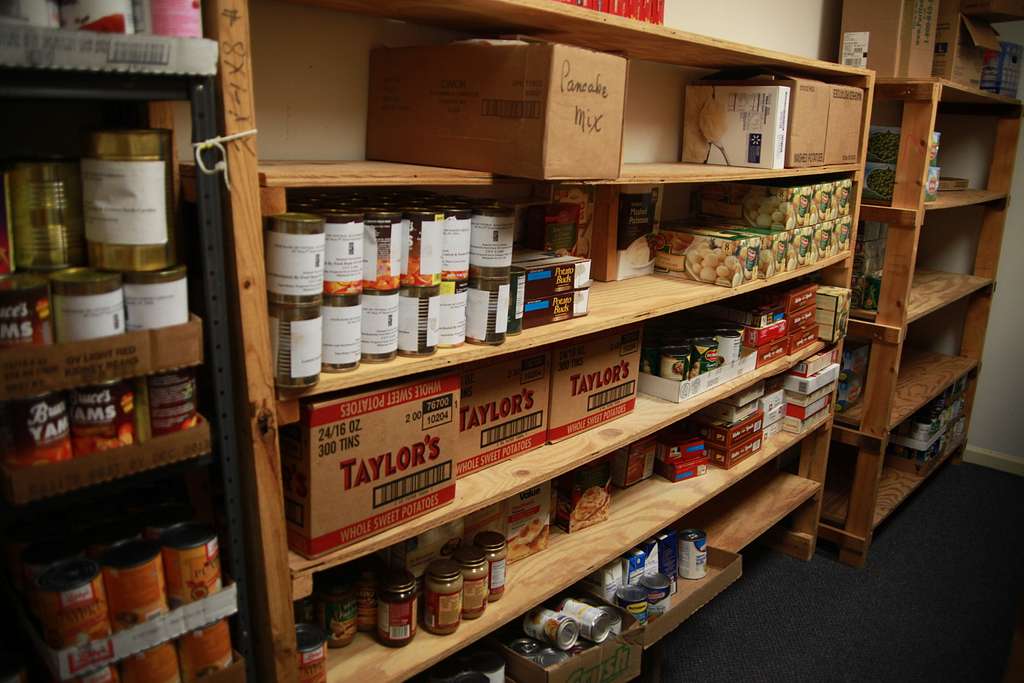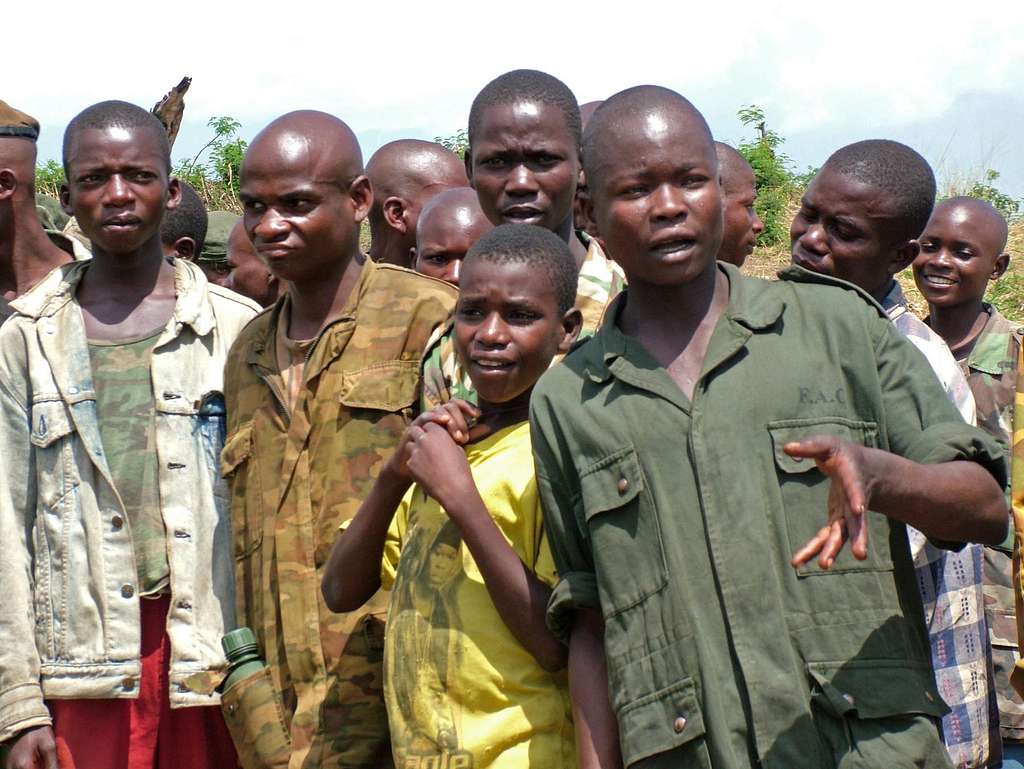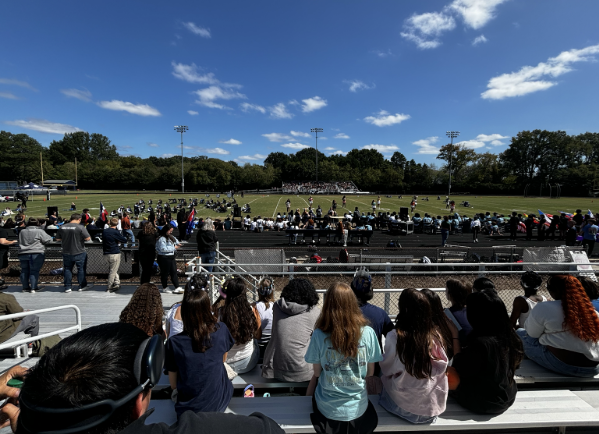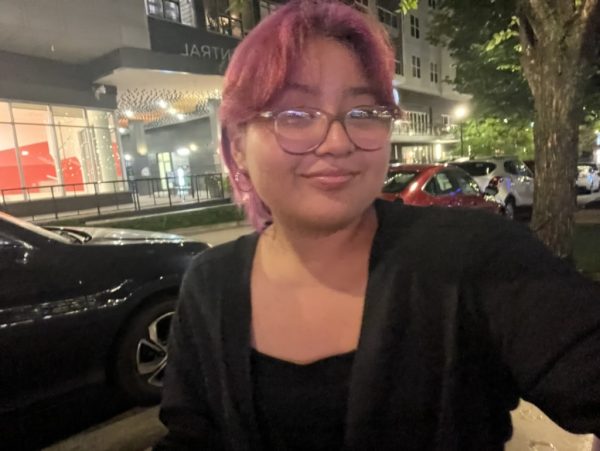Across New York, children as young as four years old are appearing in real immigration court proceedings with no representation. Most of these unaccompanied minors were brought across the border with no parents or guardians, typically arriving with older siblings. Unlike criminal court proceedings, they are not guaranteed a government appointed attorney as deportation is a civil court matter; leaving these children to defend themselves alone.
Children who enter the United States without authorization are placed into deportation proceedings, just like adults. They’re also placed into shelters managed by the Federal Office of Refugee Resettlement, until they have an eligible sponsor to take care of them. According to the Gothamist, finding a sponsor has been difficult as the Office of Refugee Resettlement implemented stricter policies. Resulting in children spending their time in a detention center, making the immigration process more difficult.
“The reason we’re here is because the government of the United States wants you to leave the United States,” Judge Ubaid ul-Haq tells a group of children in immigration court, according to the Gothamist. “It’s my job to figure out if you have to leave,” ul-Haq continued. “It’s also my job to figure out if you should stay.”
The rise of unaccompanied children arriving in the United States has increased. In 2022, the U.S. Department of Health and Human Services received a record 128,904 unaccompanied minors. There are more than 600,000 immigrant children who have crossed the US-Mexico border without a legal guardian or parent since 2019, according to government data.
The Trump administration, on March 21, has cut part of a $200 million contract that funds attorneys and other legal services for unaccompanied children. Before the federal contract was terminated only a handful of children appeared at ul-Haq’s hearings; now with the rise of unaccompanied children, only 50-60% have access to representation.
The Acacia Center for Justice contracts with the government to provide legal services, by providing direct legal representation as well as “Know Your Rights” sessions to children in these government shelters. However, because the contract was cut, nearly all of the work the center does has been removed. The Acacia Center still tries to make the courtroom process more accessible for children by using storybooks and crayons; a federal court has ordered a temporary restoration of funding, but this hasn’t resulted in direct legal representation.
Beth Krause, supervising attorney of the Immigrant Youth Project at the Legal Aid Society, told Gothamist, “How is a child supposed to navigate this?” further adding that many adults find themselves confused and disadvantaged in immigration court. With a majority of these children speaking only Spanish, they’re not able to understand the process and what the judge tells them. According to data from the Transactional Records Access Clearinghouse, 23% appearing with representation are deported, but that increases to 96% when appearing without representation.
Roxana Avila-Cimpeanu, deputy director of the Florence Immigrant and Refugee Rights Project told The Guardian, “Already, we are seeing the government move for the expedited removal of unrepresented children. These services are critical not only as a matter of fundamental fairness – children should not be asked to stand up in court alone against a trained government attorney – but also for protecting children from trafficking, abuse and exploitation, and for helping immigration courts run more efficiently.”
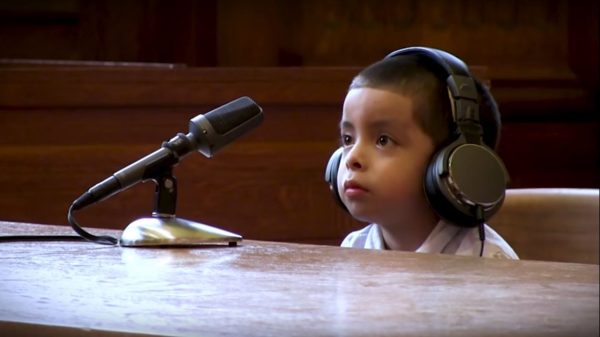
Filmmaker Linda Freedman brings an essential layer of emotional depth to this issue through her documentary “Unaccompanied: Alone In America.” Freedman re-enacts real life court experiences of immigrant children seperated from the parents using actual court transcripts. Through this, she sheds a light on the personal struggles these children face as they navigate the system alone.
The need for legal representation for unaccompanied minors in immigration proceedings has become a pressing issue. These children, many of whom arrive without support, face complex legal processes. Without proper legal counsel, they may struggle to navigate their cases and face a higher risk of deportation. As the number of unaccompanied minors increases, ensuring access to legal services is crucial for a fair process. Restoring funding for legal representation could improve the outcomes for these children and make the immigration system more efficient and just for all those involved.


